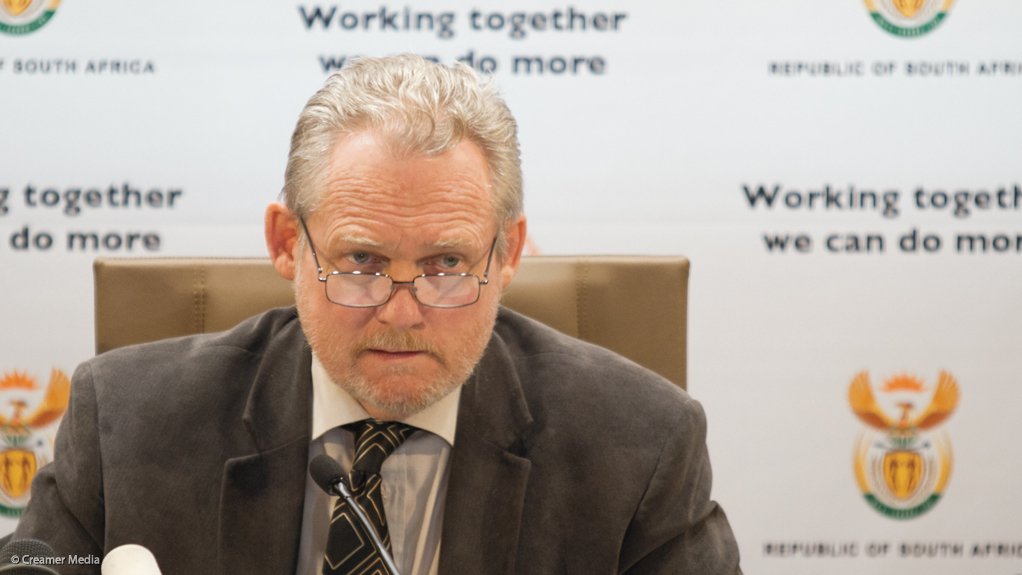Government is committed to building and supporting the manufacturing sector as a key driver for inclusive growth, job creation and poverty alleviation, says Trade and Industry Minister Rob Davies.
Speaking at the launch of the Tooling Centre of Excellence at the South African Nuclear Energy Corporation (Necsa) on Monday, the Minister said that the demise of the country’s Tool, Die and Mould making (TDM) sector in the last 30 years has resulted in loss of more than 80% of its manufacturing capacity.
“The decline of the TDM sector led to the establishment of a partnership between the Department of Trade and Industry (the dti) and the Toolmaking Association of South Africa, which gave rise to a multi-stakeholder intervention known as the National Tooling Initiative (NTI) programme.
“The NTI, as a rehabilitation strategy, aims to address production and technology challenges, skills deficit and transformation in the sector,” said Davies.
Davies estimates that the South African economy uses on average more than R15 billion per annum of TDM equipment and maintenance services of which only 20% is provided by the local industry.
He attests that this has not only had an adverse effect on the balance of payments, but resulted in significant loss of technical and engineering skills and maintenance support. Given the centrality of the TDM sector, the broader manufacturing sector’s competitiveness has also been negatively impacted.
The shortage of toolmakers also poses a serious challenge towards achieving the goals set out in the Industrial Policy Action Plan (IPAP).
The overriding goal of IPAP is to prevent industrial decline and support the growth and diversification of South Africa’s manufacturing sector.
“Current toolmakers in SA are aging (with an average age of 55 years) and the number of properly trained toolmakers produced per year remains very low in comparison, resulting in a continuing shortage of toolmakers in a variety of manufacturing sectors,” he said.
Davies added the dti understood the importance of the TDM sector in the economy and had to-date supported the NTI with over R260-million, of which R9-million had been invested to equip the Tooling Centre of Excellence at Necsa.
Supplementary funds would be earmarked for future funding in an effort to developing a state-of-the-art facility.
“This investment is necessary and will assist SA in reversing the skills deficit, close the age gap and contribute to regaining the manufacturing competitiveness.”
Addressing stakeholders at the same launch, the Chief Executive Officer of the NTI Programme, Dirk van Dyk, said the NTI needs the industry participation in order for the programme to succeed.
Van Dyk said under the programme’s skills development pilot phase, there are 1 600 learners in the pipeline at various FETs and centres of excellence undergoing training at different levels.
Also, over 200 manufacturing companies have so far provided on-the-job training for the learners.
EMAIL THIS ARTICLE SAVE THIS ARTICLE
To subscribe email subscriptions@creamermedia.co.za or click here
To advertise email advertising@creamermedia.co.za or click here











